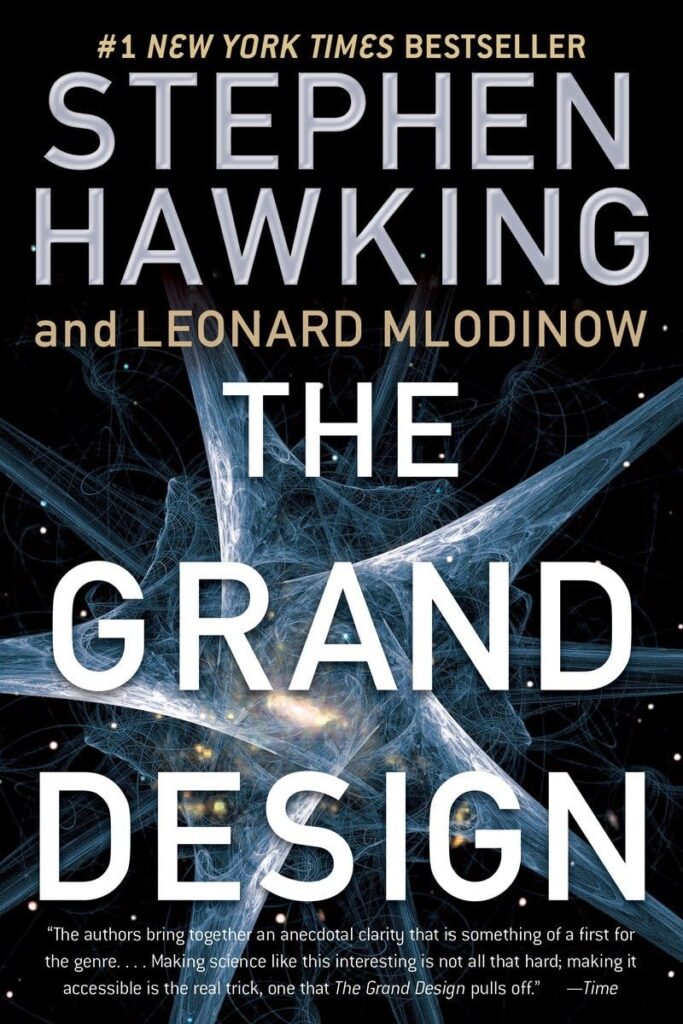Time Travel and the Butterfly Effect: How Small Changes Can Have Big Consequences
Time travel has long been a popular concept in science fiction, with countless books, movies, and TV shows exploring the possibilities and implications of traveling through time. One of the most fascinating aspects of time travel is the idea of the butterfly effect – the concept that small changes in the past can have significant and far-reaching consequences in the present and future.
The butterfly effect is named after the idea that the flap of a butterfly’s wings in one part of the world could set off a chain reaction of events that ultimately leads to a hurricane in another part of the world. In the context of time travel, this concept suggests that even the smallest alteration to the past – such as stepping on a butterfly millions of years ago – could have massive repercussions on the present and future.
One of the most famous examples of the butterfly effect in popular culture is the 2004 film “The Butterfly Effect,” starring Ashton Kutcher. In the film, Kutcher’s character discovers that he has the ability to travel back in time and change events in his past. However, each change he makes has unforeseen and often disastrous consequences in his present-day life.
But the butterfly effect is not just a fictional concept – it has been studied and explored by scientists and mathematicians for decades. Chaos theory, which is the study of complex and unpredictable systems, is often used to explain how small changes in initial conditions can lead to vastly different outcomes over time.
In the context of time travel, the butterfly effect suggests that even the smallest actions in the past – such as a seemingly insignificant decision or interaction – could have ripple effects that drastically alter the course of history. For example, killing a single individual in the past could prevent their descendants from ever being born, changing the entire course of human history.
Of course, the idea of the butterfly effect raises a host of ethical and philosophical questions about the nature of free will, determinism, and the consequences of our actions. If even the smallest changes in the past can have such profound effects on the present and future, how can we know what actions are truly right or wrong?
Ultimately, the concept of the butterfly effect serves as a cautionary tale about the fragility and interconnectedness of time and space. It reminds us that even the smallest actions can have big consequences, and that we must tread carefully when tampering with the fabric of reality. Time travel may still be a distant and theoretical possibility, but the lessons of the butterfly effect are ones that we can all learn from in our own lives.













